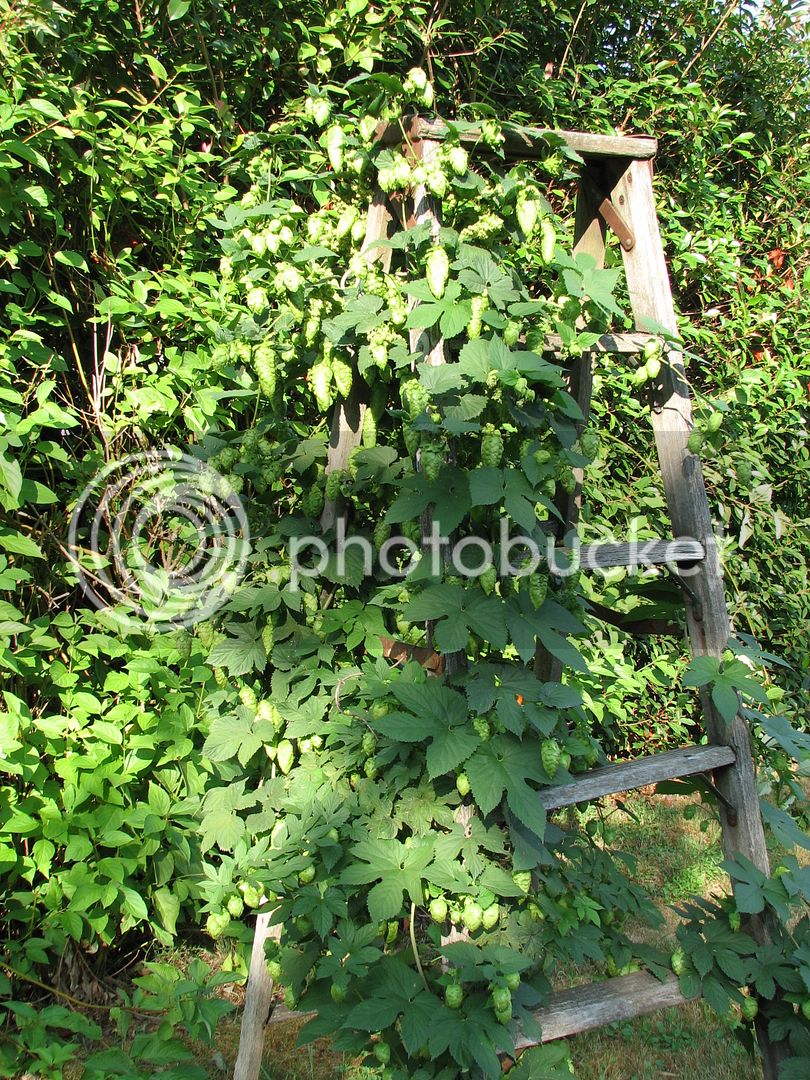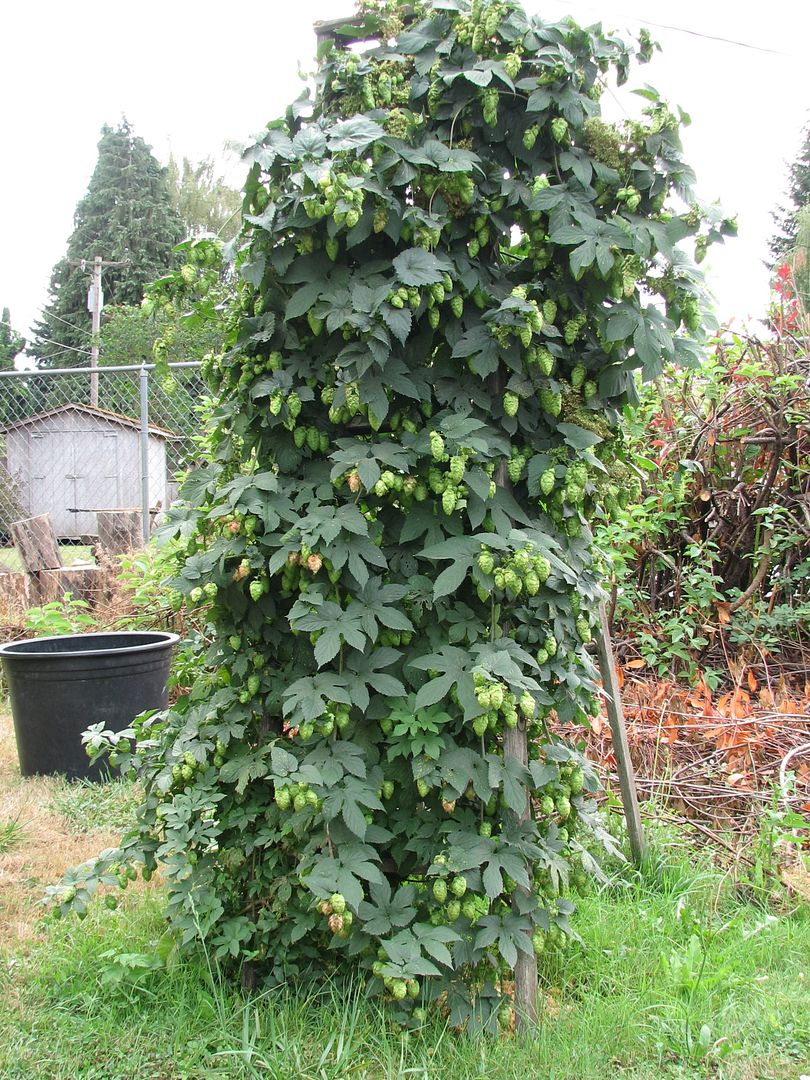theowlman16
Well-Known Member
I don't get it. The hops I grow look, smell and work nothing like the ones I buy in the package. The ones from the store are full of flavor, oil and just awesome beer makin goodness (especially the pellets). Mine seem dry, lifeless and not even worth growing. What am I doing wrong? (I am in central NC and have success only growing Cascade).




















![Craft A Brew - Safale S-04 Dry Yeast - Fermentis - English Ale Dry Yeast - For English and American Ales and Hard Apple Ciders - Ingredients for Home Brewing - Beer Making Supplies - [1 Pack]](https://m.media-amazon.com/images/I/41fVGNh6JfL._SL500_.jpg)







































